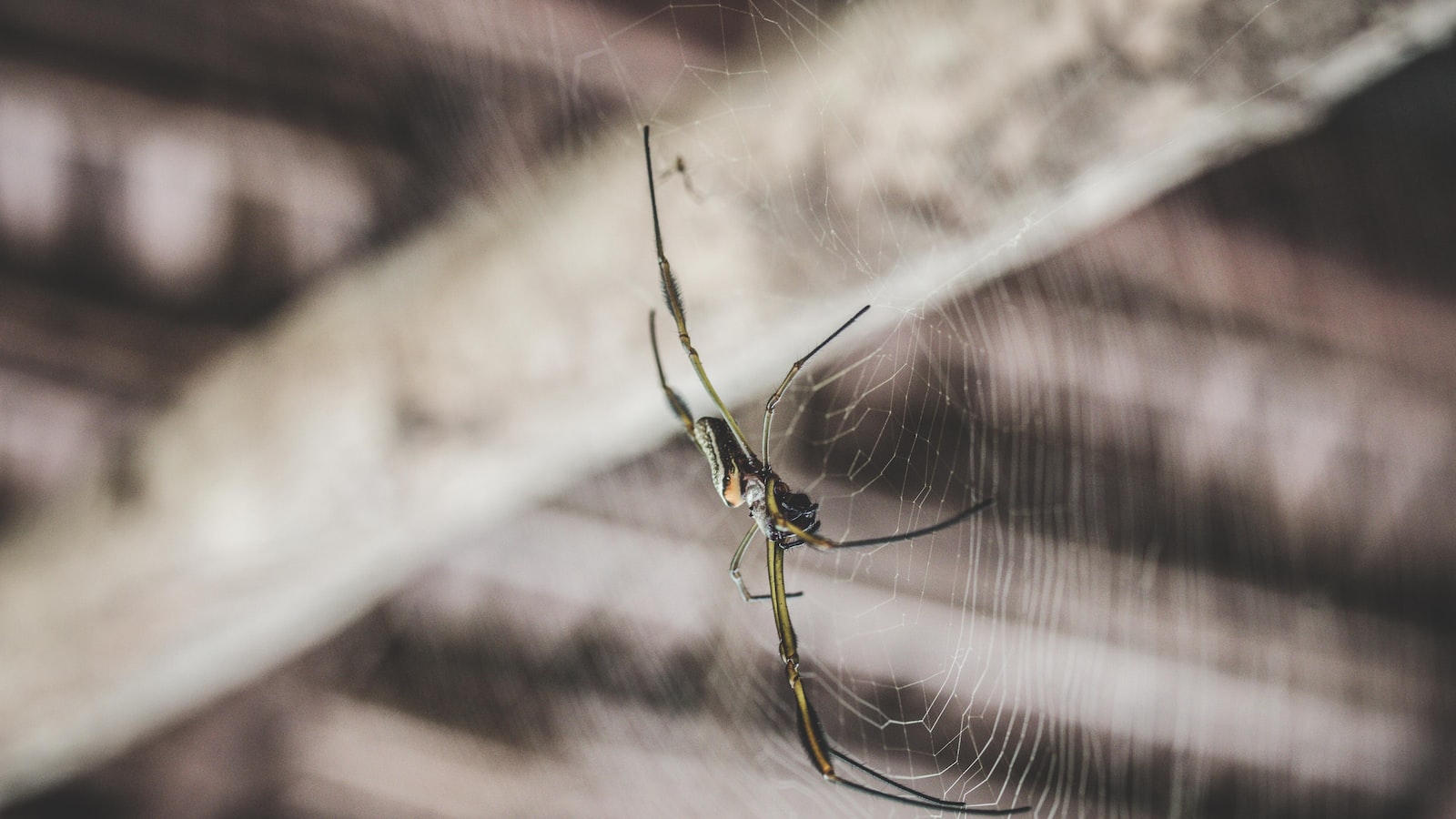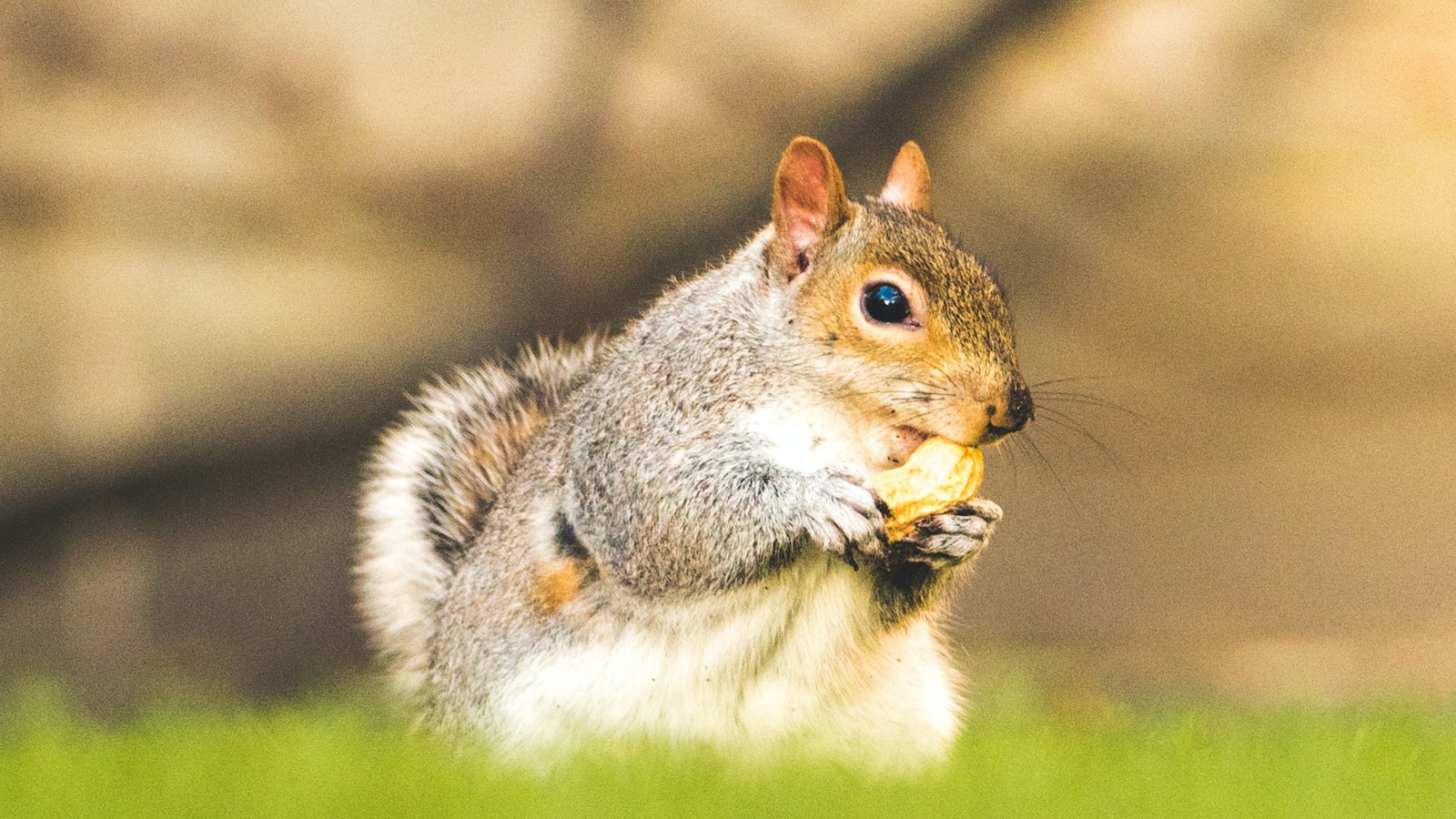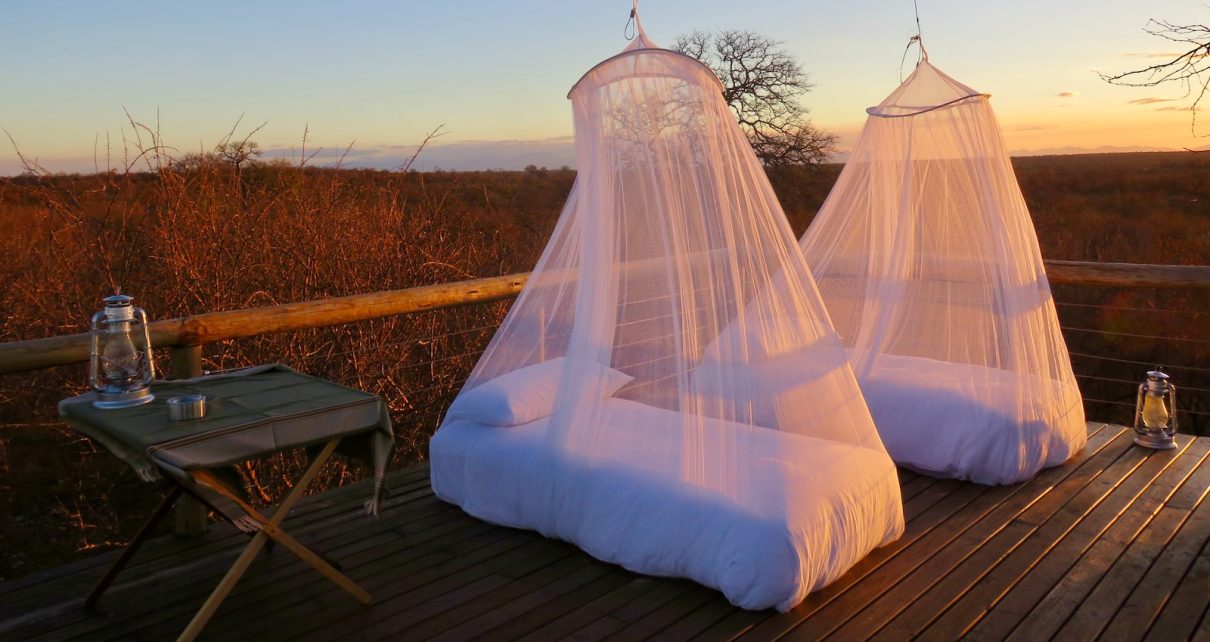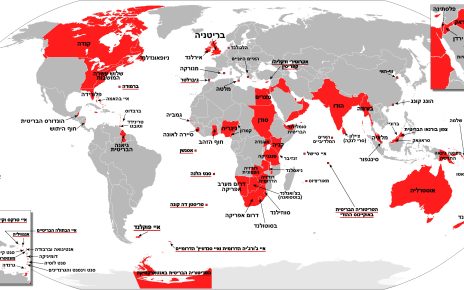Unveiling the enigmatic realms of Bali, where mystical landscapes blend seamlessly with vibrant cultures, we find ourselves traversing the land of the gods, captivated by its charm and allure. However, amidst the whispers of tranquility, an unseen menace lurks, threatening the veils of paradise. The delicate balance that binds Bali’s fervent tourism and the bitter reality of dengue fever risks beckons us to explore the World Mosquito Program’s unwavering endeavor to safeguard both locals and travelers from this unforgiving plague. So, let us embark on a voyage into the intricate workings of this program, navigating the depths of its mission, and uncovering the secrets that shield Bali from the clutches of dengue’s darkness. Join us, as we delve into the innovative strategies and tireless dedication woven into the fabric of the World Mosquito Program’s crusade against this infectious menace that shadows the paradise we so dearly cherish.
The Impact of the World Mosquito Program in Bali and its Fight against Dengue Fever Risks
The World Mosquito Program has been making significant strides in combating the risks of dengue fever in Bali. Tourists visiting the island have been showing great interest in learning more about the program’s impact and how it is contributing towards creating a safer environment for both locals and visitors. Through the implementation of innovative techniques and the release of the Wolbachia bacteria, the World Mosquito Program aims to reduce the mosquito population and consequently decrease the transmission of dengue fever.
Since its introduction, the World Mosquito Program has had a positive influence on the dengue fever situation in Bali. Tourists can witness the program’s accomplishments firsthand as they explore Bali’s beautiful landscapes. With a higher population of Wolbachia-carrying mosquitoes in the wild, there has been a noticeable decline in the number of dengue fever cases reported. This has instilled a sense of relief and confidence among both residents and tourists, making Bali an even more appealing destination for travelers looking for a worry-free vacation.

Understanding the Cutting-Edge Techniques Employed by the World Mosquito Program in Bali
The World Mosquito Program is employing cutting-edge techniques in Bali to combat the risks of dengue fever and protect both locals and tourists from this mosquito-borne disease. The program, which has been implemented in several countries, is making significant progress in reducing the transmission of dengue fever in Bali.
One of the key techniques used by the World Mosquito Program is the release of specially bred mosquitoes carrying Wolbachia, a naturally occurring bacteria that can reduce the ability of mosquitoes to transmit dengue fever. These mosquitoes are released into the environment and mate with wild mosquitoes, spreading the Wolbachia bacteria and reducing the population of dengue-causing mosquitoes over time. This innovative approach is proven to be safe and highly effective in reducing the incidence of dengue fever.
- The World Mosquito Program has established strong partnerships with local communities and government agencies in Bali to ensure the successful implementation of their techniques.
- The program conducts extensive research and monitoring to assess the impact of their interventions and adapt their strategies accordingly.
- In addition to releasing Wolbachia-carrying mosquitoes, the program also focuses on community education and engagement to raise awareness about the importance of mosquito control measures.
The World Mosquito Program’s efforts in Bali are a testament to their commitment to using innovative and sustainable methods to combat dengue fever. With their cutting-edge techniques and partnerships with local communities, they are making significant strides in reducing the impact of this disease and creating a safer environment for both locals and tourists.
![]()
Exploring How the World Mosquito Program’s Collaboration with Local Communities Impacts Dengue Fever Prevention in Bali
As tourists flock to the beautiful island of Bali, many are curious about the efforts being made to combat the risks of dengue fever. The World Mosquito Program has established a strong collaboration with local communities, resulting in significant impacts on dengue fever prevention in this tropical paradise.
The program’s approach in Bali involves innovative strategies and active involvement of the local population. One key method is the release of Wolbachia-infected mosquitoes, which are harmless to humans but drastically reduce the ability of mosquitoes to transmit dengue. This technique has yielded remarkable results, with a significant decrease in dengue cases reported in areas where the program is implemented.
Key Collaborative Initiatives:
- The World Mosquito Program actively engages with residents and educates them about the importance of dengue prevention measures, such as eliminating standing water where mosquitoes breed.
- Training sessions are conducted to teach community members about the deployment of Wolbachia mosquitoes and how they contribute to reducing the spread of dengue.
- Local volunteers play a crucial role by participating in mosquito monitoring activities, providing valuable data to assess the success of the program’s interventions.
Through this collaborative effort, the World Mosquito Program and local communities have not only reduced the incidence of dengue fever but also fostered a sense of unity and shared responsibility in Bali. By working together, travelers and residents alike can enjoy a safer and healthier environment, free from the threat of dengue fever.

Recommendations for Tourists to Support and Promote the World Mosquito Program’s Efforts in Bali
<p>A visit to the beautiful island of Bali provides an opportunity not only to enjoy its stunning landscapes and vibrant culture but also to contribute to the fight against dengue fever. As tourists, we can play a crucial role in supporting the World Mosquito Program's (WMP) efforts to combat the risks associated with this mosquito-borne disease. By following a few simple recommendations, we can actively contribute to the success of WMP's mission and help protect ourselves and the local communities.</p>
<h3>1. Use Mosquito Repellent</h3>
<p>Mosquito repellent is your best friend when it comes to preventing mosquito bites and reducing the risk of dengue fever. Ensure you bring along a reliable mosquito repellent and apply it regularly, especially during peak mosquito activity times such as dawn and dusk. Look for products with DEET or picaridin, as they are most effective against mosquitos.</p>
<h3>2. Cover Up and Stay Protected</h3>
<p>While enjoying Bali's sunny weather, don't forget to cover up exposed areas of your skin to prevent mosquito bites. Wearing long-sleeved shirts, long pants, and closed-toe shoes can greatly reduce your exposure to mosquito bites. Additionally, consider using mosquito nets or staying in accommodations with screened windows and doors to ensure a peaceful night's sleep without worrying about those pesky insects.</p>
<h3>3. Eliminate Mosquito Breeding Sites</h3>
<p>Be an eco-conscious traveler and contribute to dengue prevention efforts by eliminating potential mosquito breeding sites around you. Remove any standing water in containers, flower pots, or discarded items that may collect rainwater and provide a breeding ground for mosquitos.By doing so, you help break the mosquito lifecycle and reduce the population of disease-carrying insects.</p>
<table class="wp-block-table">
<tbody>
<tr>
<td>Stay Protected</td>
<td>Cover up exposed areas with long-sleeved shirts, long pants, and closed-toe shoes.</td>
</tr>
<tr>
<td>Use Mosquito Repellent</td>
<td>Apply mosquito repellent with DEET or picaridin regularly during high mosquito activity times.</td>
</tr>
<tr>
<td>Eliminate Breeding Sites</td>
<td>Remove standing water to prevent mosquito breeding.</td>
</tr>
</tbody>
</table>As the sun sets over the lush landscapes of Bali, an enchanting destination that captivates every traveler’s heart, it becomes evident that there is more to this paradise than meets the eye. Amidst the palm-fringed beaches and vibrant cultural heritage lies a silent menace – the relentless dengue fever, lurking in the shadows of this stunning island.
But fear not, dear tourists, for hope and innovation have emerged to combat this long-standing threat. The World Mosquito Program’s groundbreaking work in Bali has become a beacon of light, shining through the dark clouds of fear and uncertainty.
Picture this: a collaboration between science and nature, weaving a tapestry of efforts to save lives and protect our beloved visitors. Through the ingenious release of Wolbachia-carrying mosquitoes into the ethereal Balinese air, a natural shield against dengue fever emerges. Guided by meticulous research and a genuine concern for the welfare of all, the dedicated WMP team has tirelessly brought about a revolution in disease control.
As tourists flock to this tropical haven in search of tranquility and adventure, they no longer have to battle the lurking fears of contracting this merciless illness. The streets of Bali, once plagued with the sound of buzzing mosquitoes and haunting tales of dengue fever, have now found solace in this innovative program. With every passing day, the island breathes easier, as the community immerses itself in the groundbreaking endeavor.
So, dear travelers, as you venture into the emerald rice terraces, offer prayers in ancient temples, or savor the exotic flavors of Balinese cuisine, take a moment to appreciate the invisible heroes working tirelessly in the background. Behind the scenes, the World Mosquito Program continues to wage war against the very creatures that once threatened the peace of this idyllic island.
Let this knowledge nurture a sense of awe and gratitude within you, knowing that, in Bali, the battle against dengue fever is one we all fight together. As you bid farewell to this captivating destination, remember that your footsteps have left an indelible mark, not only in the sandy beaches and majestic landscapes but in the triumph over diseases that once plagued paradise.
So, dear travelers, let us embark on our journeys with hearts full of gratitude, knowing that science, nature, and human determination can conquer any adversity. The World Mosquito Program’s diligent work in Bali has shown us that paradise, indeed, can be preserved.





